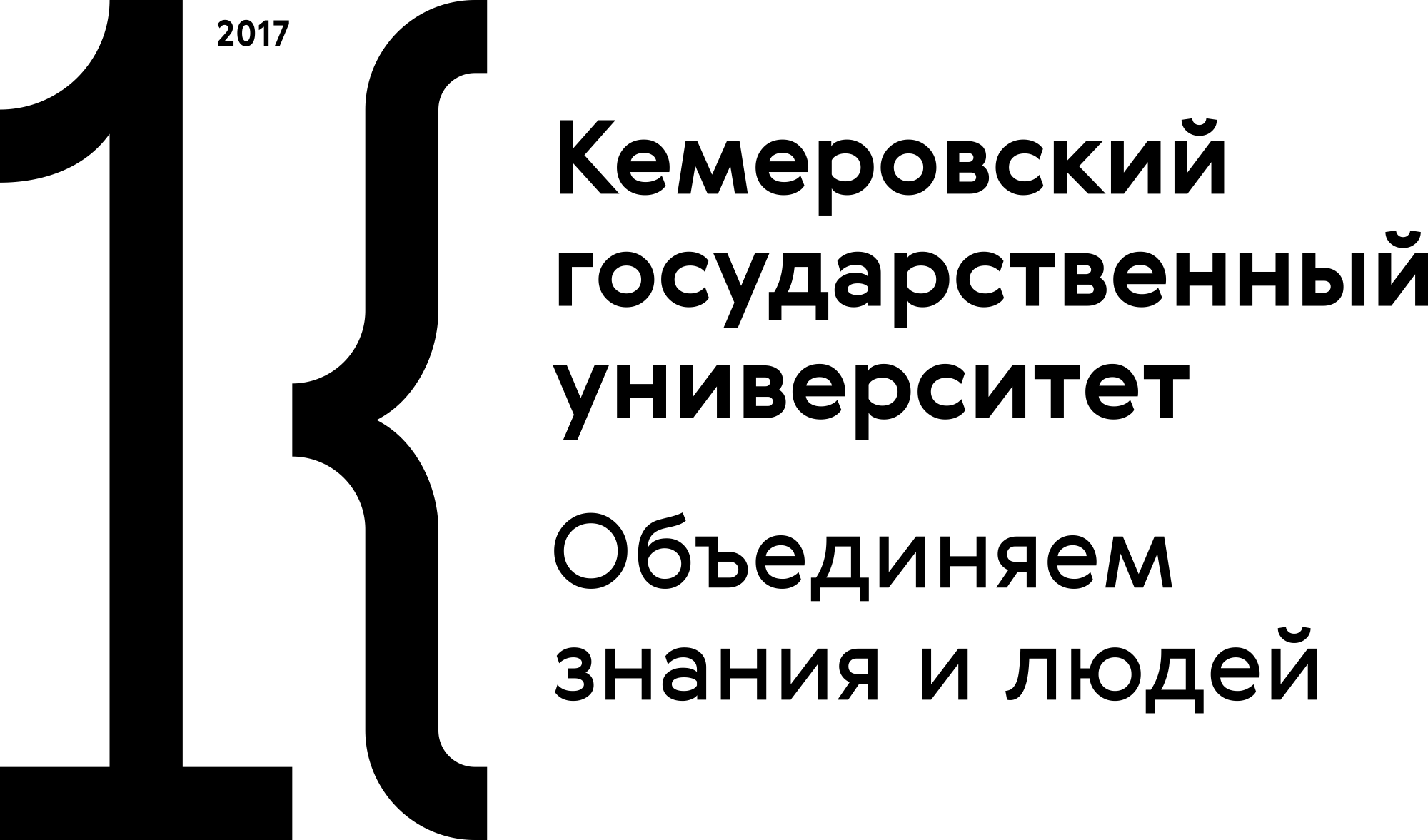Novosibirsk, Novosibirsk, Russian Federation
UDC 32
The growth of territorial mobility and ethnocultural diversity determines the search for new models of domestic and foreign policy. As a result, the almost forgotten word "empire" returns to scientific and journalistic discourses. This applies to both domestic and foreign practice. Objective. Terminological certainty and conceptual consistency is the key to scientific effectiveness. The present research featured various interpretations of the concept of empire. The author intended neither to oppose nor to promote the imperial form of government. The research objective was to contribute to a more complete and impartial understanding of the term by removing its negative connotation. Research methodology. The article represents the results of theoretical and comparative analyses of the concept of empire as a form of government. Results. Based on domestic and foreign studies, the author reviewed various interpretations of the concept of empire. The article focuses on its multidimensionality, debatability, and modern interpretations. Implementation. The heterogeneity of territories, periods, and management mechanisms of various empires can serve as a kind of prism for assessing modern realities and social strategies. Conclusions. Due to their historical diversity, various types of imperial government fail to fit into the same scheme. If the empire is a "transnational polity", then this form of state and political organization is neither archaic nor obsolete.
globalization, polity, direct government, indirect government, homogeneity
1. Miller A. A nation-state or a state-nation? Rossiia v globalnoi politike, 2008, 6(4): 118-134. (In Russ.)
2. Hardt M., Negri A. Impire. Moscow: Praksis, 2004, 440. (In Russ.)
3. Lieven D. Russian Empire and its enemies. Moscow: Evropa, 2007, 688. (In Russ.)
4. Tilly Ch. Coercion, Capital, and European States, AD 990-1992. Moscow: Territoriia budushchego, 2009, 328. (In Russ.)
5. Huntington S. The clash of Civilizations. Moscow: AST, 2003, 603. (In Russ.)
6. Burton A. M. After the Imperial Turn: Thinking with and through the Nation. Durham: Duke University Press, 2003, 384.
7. Gammerl B. Subjects, citizens, and others: administering ethnic heterogeneity in the British and Habsburg Empires, 1867-1918. N. Y., Oxford: Berghahn Books, 2017, 312.
8. Filippov A. The Empire is in a state of decay. Russian state: yesterday, today, tomorrow, ed. Kliamkina I. M. Moscow: Novoe izdatelstvo, 2007, 578-590. (In Russ.)
9. Filippov A. F. The observer of the empire (empire as a sociological concept and political problem). Voprosy sotsiologii, 1992, 1(1): 89-120. (In Russ.)
10. Iuriev M. Z. A natural variant of the state system for Russians is a mixture of ideocracy and imperial paternalism. Russian state: yesterday, today, tomorrow, ed. Kliamkina I. M. Moscow: Novoe izdatelstvo, 2007, 65-182. (In Russ.)
11. Kamenskii A. B. Russian Empire in the XVIII Century: Traditions and Modernization. Moscow: NLO, 1999, 328. (In Russ.)
12. Solodova G. S. Multicultural society of the Russian state - based on the materials of the first all-Russian census. Sibirskii filosofskii zhurnal, 2018, 16(3): 113-121. (In Russ.)
13. Rubakin N. A. Russia in numbers: Country. People. Estates. Classes: The experience of the statistical characteristics of the class-class composition of the population of the Russian state (based on official and scientific studies). St. Petersburg: Vestnik Znaniya (V. V. Bitnera), 1912, 216. (In Russ.)
14. Frankopan P. The Silk Roads. Moscow: Eksmo, 2018, 688. (In Russ.)
15. Martin T. Empire of "positive activity." Nation and nationalism in the USSR, 1923-1939. Moscow: ROSSPEN, 2011, 855. (In Russ.)
16. Sabov A. Inconvenient nation. Harvard professor - about the "Russian question". Ogonek, 19.08.2019, (32): 20. (In Russ.)




















